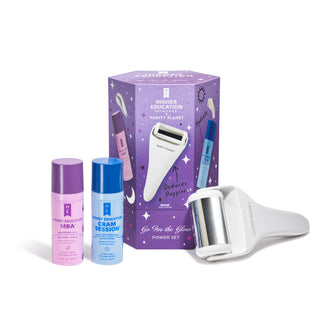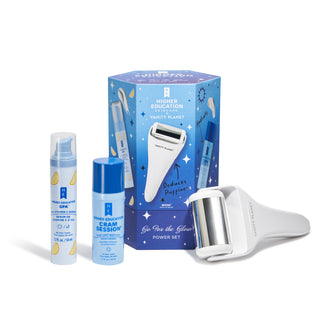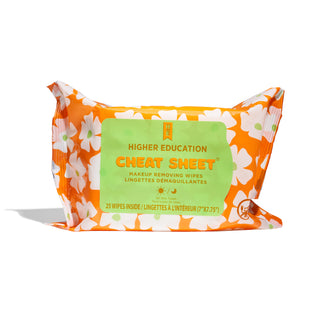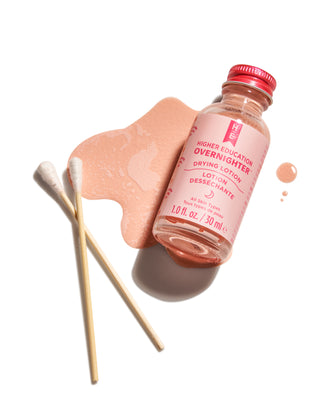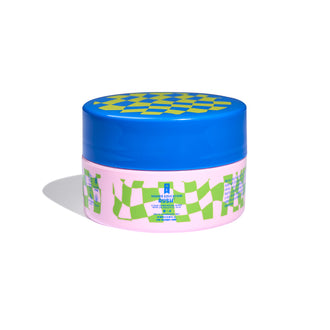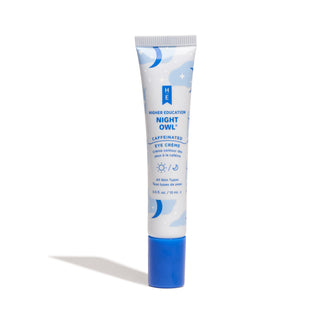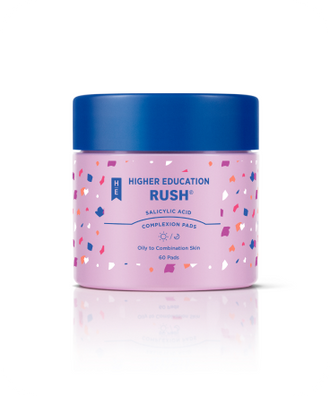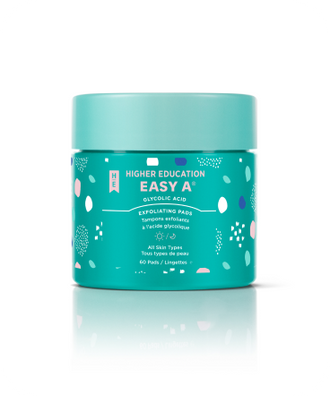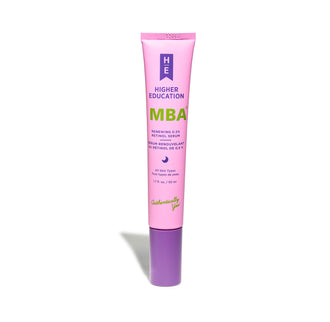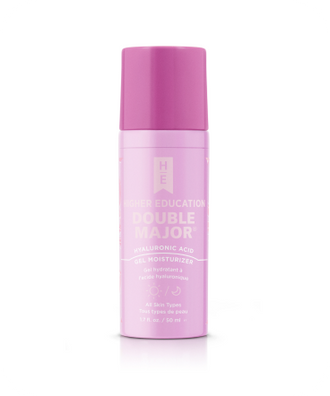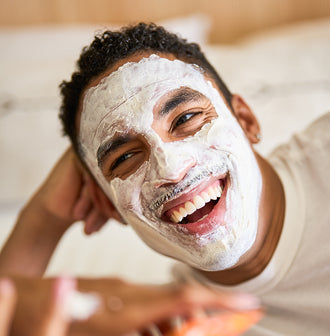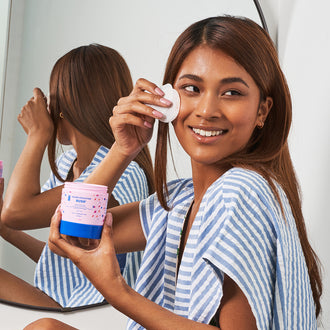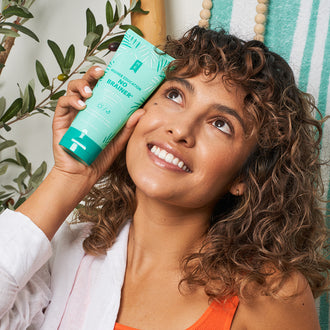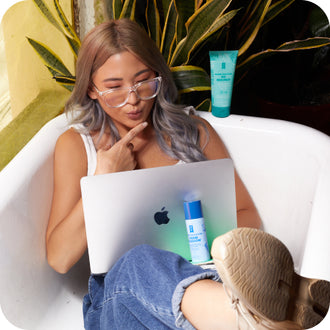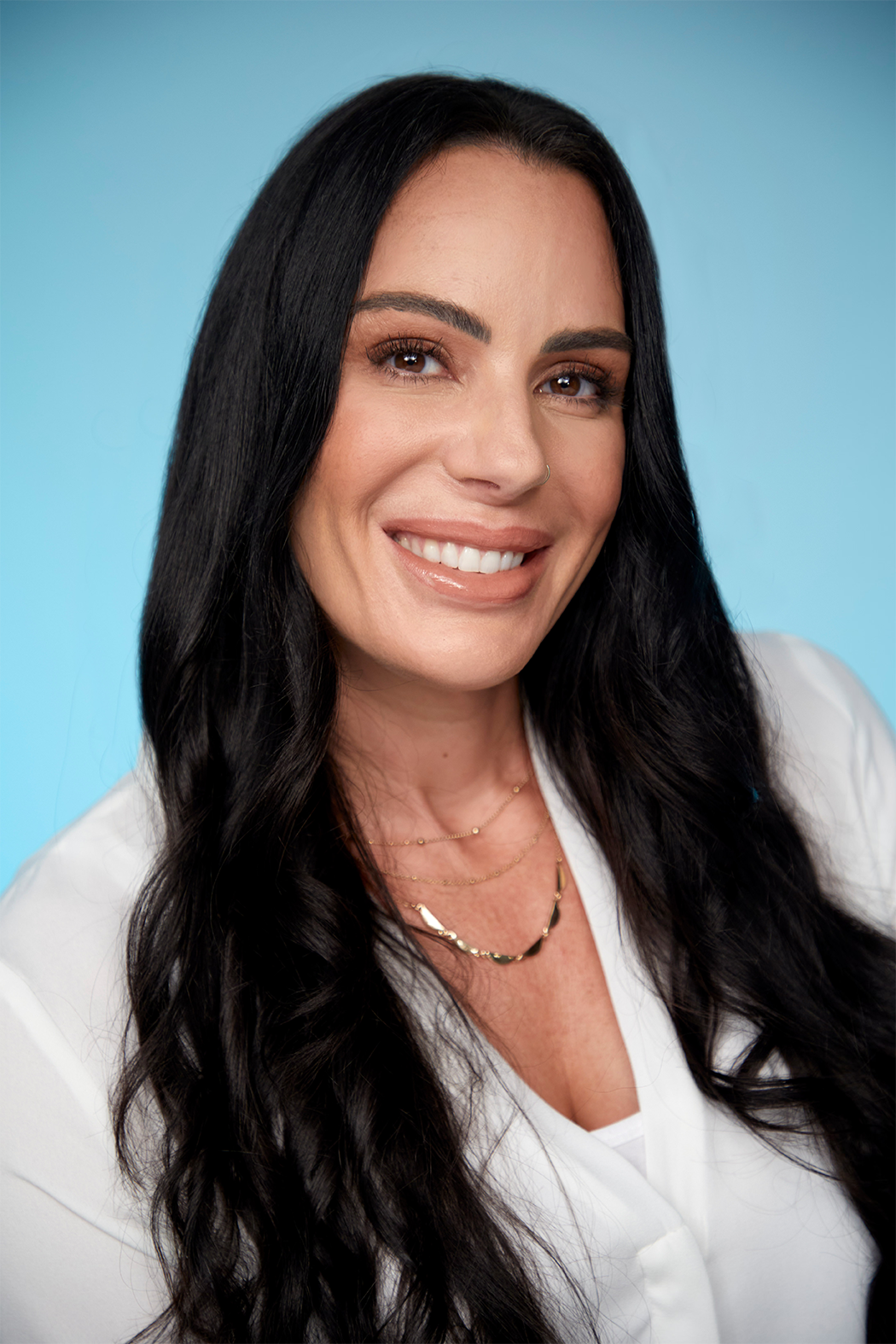
To start, I just want to say that I believe we live in a beautifully diverse world where beauty transcends skin tones and skin types. As with the fashion industry, there is no “one size fits all” when it comes to caring for your skin.
Skincare needs vary by ethnicity, particularly as it pertains to melanin production. You all know what melanin is, right? (Of course you do, but humor me, will you?) Melanin is a pigment produced in the skin that protects us from the sun and gives our skin its varying shades. To go even further, there are two types of melanin: pheomelanin and eumelanin.
The more pheomelanin in the skin, the lighter the skin tone; the more eumelanin the skin has, the darker the skin is. Eumelanin provides much more protection from sun damage than pheomelanin.
How do you effectively translate this information into the perfect, customizable skincare routine based on your unique skin tone? The answer is layered, as with everything else in life.
Let’s look at the most common skin concerns and how they vary from light skin to dark skin.
Ah! Acne
Acne affects 85% of the world’s population, which is roughly 6.6 billion people. If you have it, regardless of your race or skin tone, you are not alone in your battle against acne.
If you have a darker skin tone, you likely experience a surplus in oil production (also known as “sebum”). This extra sebum can lead to enlarged pores, blackheads and cystic acne if the skin is not properly cleansed, exfoliated and moisturized.
Something to note: those with darker skin are more prone to experience inflammation and scarring from their acne than someone with a lighter skin tone. But, more on that later!
Treating Acne Breakouts
When searching for products to treat your acne breakouts, be on the lookout for ingredients like salicylic acid, retinol, and tea tree oil. These ingredients, especially salicylic acid (BHA) and retinol, are powerhouse acne-fighters.
Higher Education Skincare products like RUSH® Salicylic Acid Complexion Pads with 2% salicylic acid, our Teen Vogue 2019 award-winning STUDY BUDDY® Detoxifying Bentonite Clay Mask with glycolic acid and bentonite clay, and our MBA® Renewing 0.5% Retinol Serum are scientifically formulated to slough off dead skin cells, minimize breakouts and heal acne scarring. Who isn’t on board for that kind of help?
Why is My Skin Tone Uneven?
Uneven skin tone is usually the result of excessive sun exposure, hormonal fluctuations, or an injury to the skin (think: acne). Hyperpigmentation can be unnervingly difficult to treat since the damage occurs in the deeper layers of the skin where new skin cells are born and migrate to the surface of the skin.
When your skin’s inflammatory response is triggered from acne or excessive sun exposure, immune cells and melanocyte production go into overdrive. The overproduction of melanocytes can cause uneven skin tone or “spots” called Post Inflammatory Hyperpigmentation (PIH).
Usually these patches or spots are darker in color and more visible on lighter skin tones. However, those with darker skin tones are more likely to experience pigment disorders and post-inflammatory hyperpigmentation.
Prevention is Key!
If you already notice discoloration or uneven skin tone, look for products with Retinol. Retinol specifically helps to brighten and even skin tone and reduces hyperpigmentation by speeding up cellular renewal.
Higher Education Skincare’s MBA® is a gentle yet effective nighttime serum that features 0.5% Retinol a Vitamin A derivative and Beta Glucan, a moisture-retaining extract from oat kernel cells to reduce skin dryness and peeling.
In addition to boosting the skin’s own collagen levels with Retinol, using a sunscreen daily will protect the skin from sun-induced hyperpigmentation. What is life without some sun exposure? Vitamin D is great for you, but excessive sun exposure is not. Apply sunscreen every single day (even on cloudy days) 15-20 minutes before you go outside and re-apply every 2-3 hours or after a dip in the water.
What About Skin Aging?
Those higher levels of melanin production among darker skin tones that cause PIH sure do come in handy when it comes to aging!
Higher levels of melanin production shield the skin from the sun more efficiently than lower levels of melanin. This slows the breakdown of collagen and elastin, which help keep your skin looking youthful and vibrant and keep the skin firm and strong.
Here’s the skinny: If you have a lighter skin tone, you are more likely to experience an accelerated breakdown of collagen and elastin, which leads to fine lines and wrinkles. If you have a darker skin tone, your collagen and elastin will break down more slowly, reducing your skin aging timeline.
Regardless of your skin color, it is important to avoid the following collagen-destroying behaviors if you want to avoid the early signs of aging:
- Excess sun exposure
- Eating too much sugar and refined carbohydrates
- Smoking
Using sunscreen every single day is an important step in everyone’s skincare routine to delay the aging process. Higher Education SPRING BREAK® Oil-Free Sunscreen SPF 30 contains skin soothing ingredients like chamomile, aloe vera, and cucumber extract. It never leaves a purple or grey-looking haze on darker skin tones, and it acts as a primer that smooths the look of the pores, mattifies the complexion and helps makeup glide onto the skin effortlessly.
The Takeaways
Now that you know how the volume of melanin in your skin can determine the type of skin conditions you suffer from (acne, premature aging, PIH, etc.), you can customize a skincare regimen that is as unique as you are.
I always recommend looking for skincare brands that are transparent with their ingredients and from where they are sourced. Always look for clean, safe and healthy skincare that is cruelty-free.
Remember, every type of skin deserves proper care, no matter the color.
Until next time…feel free to reach out to me if you have any questions at education@highereducationskincare.com.


